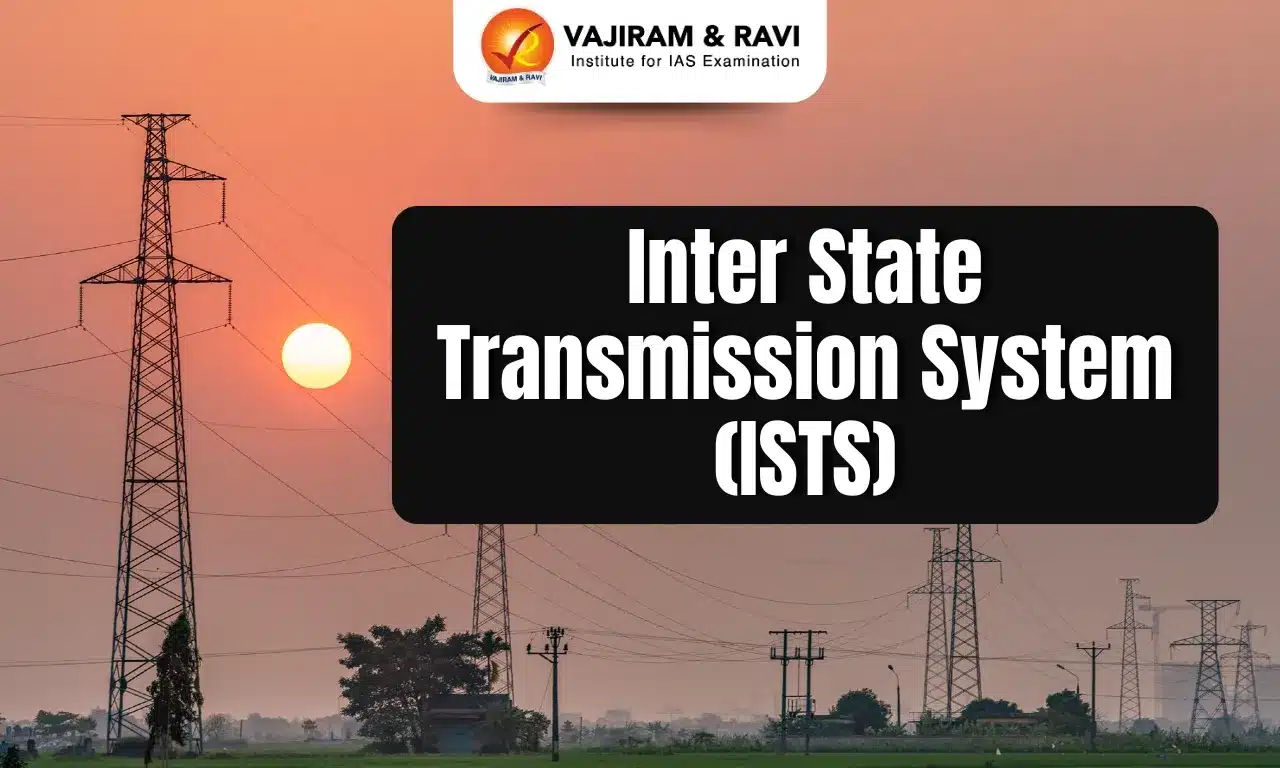About Paradox of Savings:
- The paradox of savings, also known as the paradox of thrift, refers to the theory that a rise in the savings rate of individuals can surprisingly cause a fall rather than a rise in the overall savings in an economy.
- This is in contrast to the general belief that a rise in individuals’ savings rates will cause a rise in overall savings in the economy.
- So even though savings may be good for an individual household, it is believed that it may not be good for the wider economy.
- The idea is part of the under-consumption theories of the business cycle, which attribute economic downturns to weak consumption and high savings.
- Origins of the theory:
- The concept was popularized by British economist John Maynard Keynes in his 1936 book, The General Theory of Employment, Interest, and Money.
- Keynesian economists believe that higher savings is bad for the wider economy, and that boosting consumer spending is the way to grow an economy.
- They argue that savings are invested by capitalists with the ultimate aim of selling their output in the form of final goods and services to consumers.
- So, if consumers fail to spend enough money on the output that capitalists bring to the market to sell, it can cause losses for capitalists and discourage further investment.
- On the other hand, a rise in consumer demand for final goods and services is expected to encourage people to save more and invest.
- Criticisms of the idea:
- Critics of the idea argue that saving more is not bad for the economy and that a fall in consumer spending does not actually cause a fall in investment.
- In fact, they argue that a fall in consumer spending leads to a rise in savings and investment.
- This is simply because any money that people don’t spend on consumer goods or hoard under their beds has to go towards their savings, which in turn gets invested.
- An increase in savings allows banks to lend more. This will make interest rates go down and lead to an increase in lending and, therefore, spending.
Q1: Who was John Maynard Keynes?
John Maynard Keynes was an early 20th-century British economist, best known as the founder of Keynesian economics and the father of modern macroeconomics. One of the hallmarks of Keynesian economics is the idea that governments should actively try to influence the course of economies, especially by increasing spending to stimulate demand in the face of recession. His most important work, The General Theory of Employment, Interest and Money (1935–36), advocated a remedy for economic recession based on a government-sponsored policy of full employment.
Last updated on July, 2025
→ UPSC Notification 2025 was released on 22nd January 2025.
→ UPSC Prelims Result 2025 is out now for the CSE held on 25 May 2025.
→ UPSC Prelims Question Paper 2025 and Unofficial Prelims Answer Key 2025 are available now.
→ UPSC Calendar 2026 is released on 15th May, 2025.
→ The UPSC Vacancy 2025 were released 1129, out of which 979 were for UPSC CSE and remaining 150 are for UPSC IFoS.
→ UPSC Mains 2025 will be conducted on 22nd August 2025.
→ UPSC Prelims 2026 will be conducted on 24th May, 2026 & UPSC Mains 2026 will be conducted on 21st August 2026.
→ The UPSC Selection Process is of 3 stages-Prelims, Mains and Interview.
→ UPSC Result 2024 is released with latest UPSC Marksheet 2024. Check Now!
→ UPSC Toppers List 2024 is released now. Shakti Dubey is UPSC AIR 1 2024 Topper.
→ Also check Best IAS Coaching in Delhi















